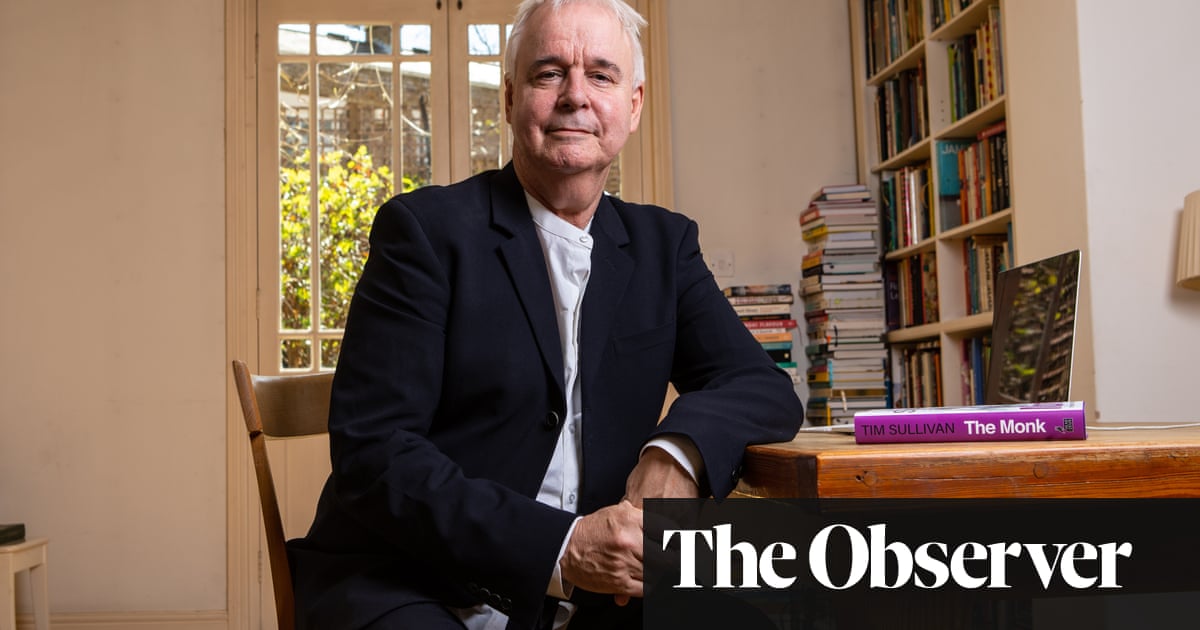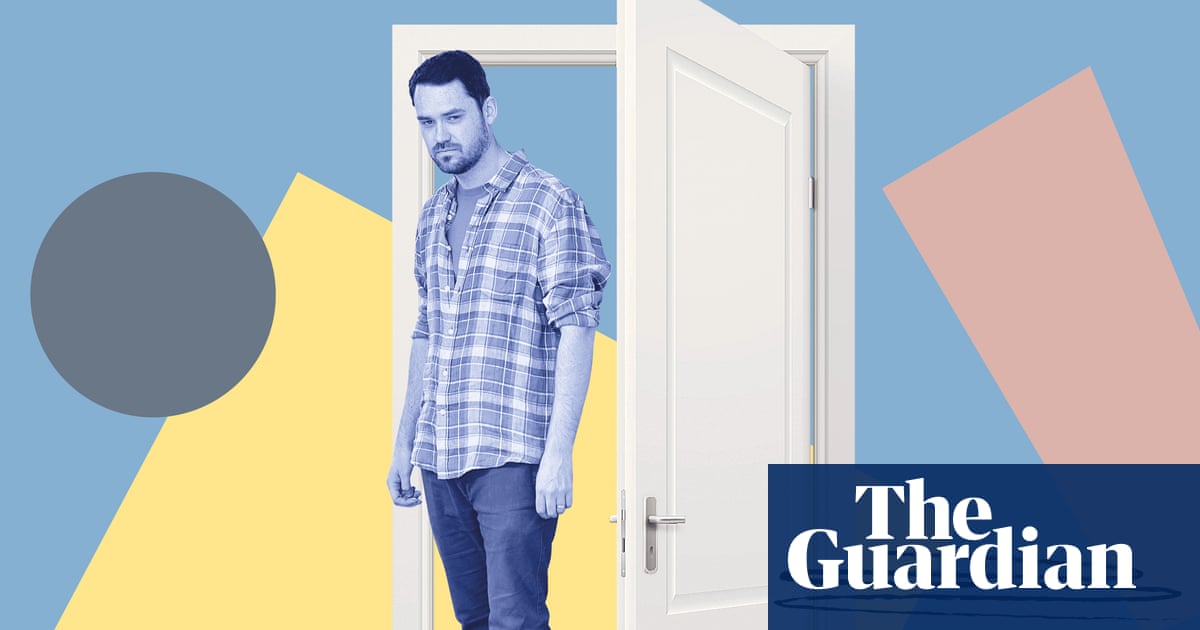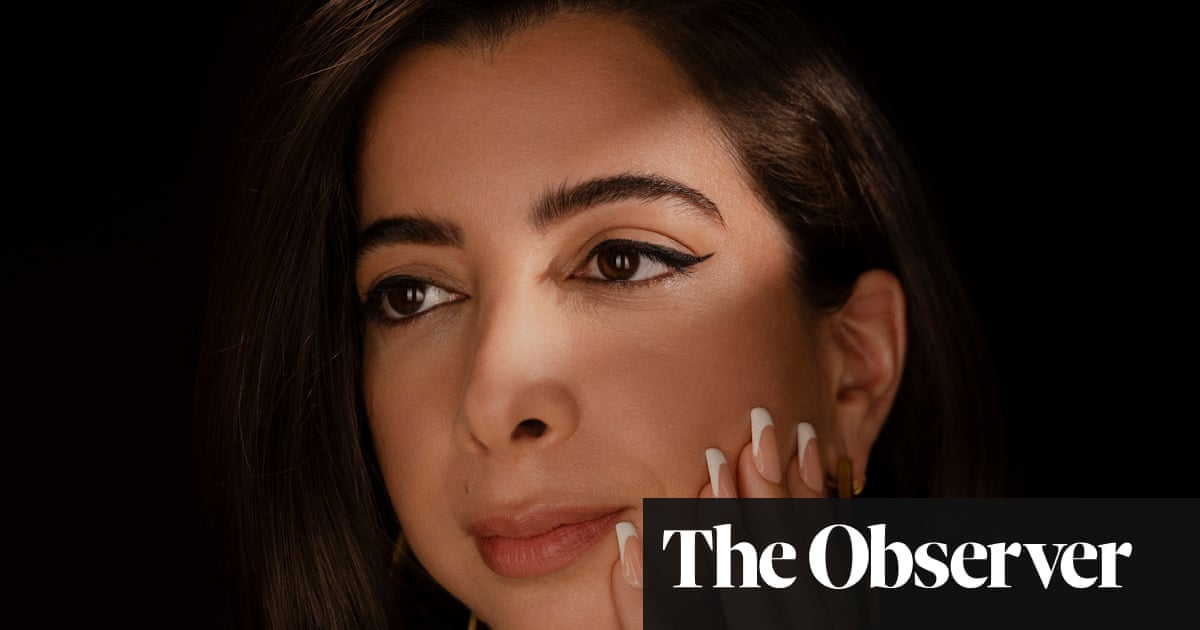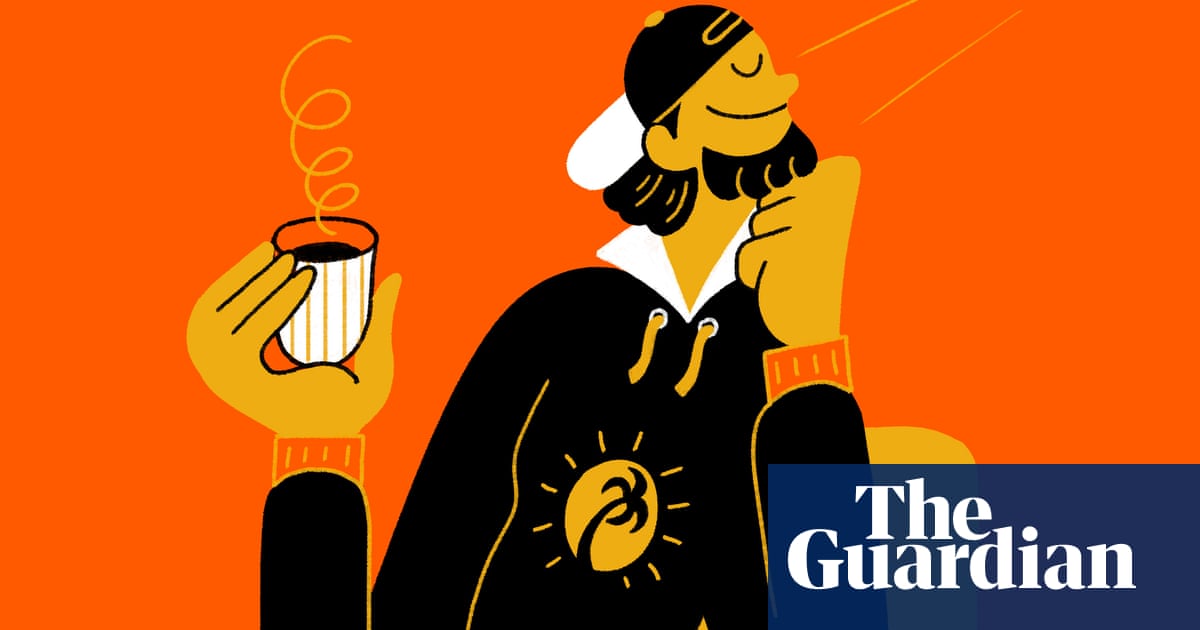
It was all set to be one of the happiest days of my life, 9 September 1989. I was getting married. Everything leading up to the date had gone smoothly. The wedding was taking place in a small church, St Teilo’s in Bishopston Valley on the Gower peninsula. About 130 friends and family had made the trip down to South Wales. After the ceremony, Rachel and I were going to process up the hill from the church to the reception at my in-laws’ home, led by a small jazz band and followed by our guests. But as we left the church, my father suddenly collapsed and died in my arms. He was 65, exactly the age I am now as I write this.
It’s a moment I remember vividly. A moment that affected what I went on to write about in my career and how I wrote it. A moment that demonstrated how tragic things have a habit of occurring at the happiest and most unexpected of times.
As he fell to the ground the air was expelled from his lungs with a fatal wheeze. He seemed to deflate like a punctured tyre. His lips flapping together in a valedictory raspberry to the world. I started to give him CPR, our morning suits and tails suddenly incongruous in the moment. I remember thinking two things. First, “No, this can’t be happening. Not today. Please don’t make me the guy whose dad died at his wedding.” Perhaps a little more oddly, I also found myself wondering who had won the best picture Oscar in 1948, the year my parents were married. My ambition at the time was to be a movie writer and director, and I suppose my subconscious was telling me that none of it mattered because this is how it could all end. In a morning suit on a damp lane outside a small Welsh church. I turned to look for Rachel and swatted something away from my face. I thought it was a fly, but discovered it was a rosary bead. My two elderly great aunts were standing over me and Dad, praying furiously for his soul. Seriously? I thought. He’s barely stopped breathing. My beautiful wife, in her extraordinary silk wedding dress, was looking on, tears flowing down her cheeks in a tidal wave of black mascara. She looked like a bride out of a Tim Burton movie.
As if with some unspoken understanding of what needed to happen, several guests sprang into action. Two of them, doctors, took over from me giving my father CPR and the kiss of life. One scooped Rachel up and ushered her away from the scene. Two others began to marshal the guests, some still unaware of what was happening, up the hill towards the house. The jazz band was actually playing When the Saints Go Marching In, when Dad died. They stopped immediately in a chorus of discordant confusion. I later thought if I’d put that in a script, people simply wouldn’t have believed it.
In the A&E department of Singleton hospital, the doctors told my sister, Valerie, and me what we both already knew. Dad was dead. I looked around casualty at the usual Saturday regulars – rugby players, drunks, elderly people – how could life go on as normal after what had just happened? Then, an improbably young and apologetic policeman arrived to ask me some questions. At the end of our short interview, he asked me whose wedding it had been. I told him it was mine and he promptly burst into tears. I found myself hugging and consoling him, as his helmet fell to the floor and rolled along the ground until two young children picked it up and couldn’t believe their luck, picked it up and began to play with it.
I started to wonder what was happening at the wedding reception. Had everyone left? Please no. As we drove back one of the best men joked that now he knew why I’d insisted on two best men. “One for the hospital,” he said, “and one for the reception.”
My father-in-law sweetly suggested we shouldn’t make speeches. I was horrified by this. I’d spent weeks on mine. There were some great jokes in there and it wasn’t like I’d ever have another opportunity to make it again. When I finally stood up in front of everyone, there was still an air of uncertainty as to how we should behave. I began with: “My father always did have the most remarkable sense of timing.” There was a short pause followed by applause. Then, as my best men made far funnier speeches than mine, laughter.
Afterwards, when people who weren’t there were told about the wedding, they were shocked not only by what had happened, but the fact that we managed to carry on. The thing I discovered that day was that people often behave in the most extraordinary ways in the face of the most extraordinary circumstances. They just get on with it. We joked, laughed, ate, drank and danced. My father wouldn’t have wanted it any other way.
Death has no manners nor any respect for occasion or circumstance. I later drew on the experience of my wedding when I wrote the movie Jack & Sarah in which the wife of Richard E Grant’s character dies in childbirth at the beginning of the film. When pitching it to financiers, some turned it down because they didn’t believe audiences would get over her death so soon into the movie and be able to laugh at anything after that. But my wedding had told me differently. When the film was released, audiences did indeed laugh and cry. To me this is so often the key with comedy. You need to infuse it with regular doses of tragedy or sadness. Things are often funnier with that juxtaposition. The secret is to get your audience to both laugh and cry, preferably at the same time. Even better if they’re not entirely sure which of the two they should be doing.
Of course, the film which seemed to mirror my experience almost identically was Four Weddings and a Funeral. I hadn’t seen the movie and sent my mother along a couple of years later. I then received an enraged, indignant call from her – not an infrequent occurrence it has to be said – saying, “Why did you send me to that film? Simon Callow dies at the wedding, just like your father!” I’ve often wondered whether Richard Curtis had heard about my wedding through our mutual agent or possibly other friends we shared and had used it in the film. So, with this article in mind, I emailed him. He responded in disbelief at the story of my father’s death, said he hadn’t known and wondered if he had, whether he would have written the scene in the film, worrying it was too sensitive. So, all in all, it’s just as well he didn’t – despite the fact I can no longer dine out on the possibility he did – as we would all have been robbed of that seminal moment in his film.
My father’s funeral happened a week to the day after the wedding. Many of the wedding guests came along even though they hadn’t known my father. It was as if we all now had membership of some exclusive club having been there. Dad had been driven up the M4 to Surrey in a hearse. Rachel couldn’t bear the idea of him going all that way with no flowers. So she gathered all the white lilies from the wedding and strewn them over his coffin. It was one of the most poignant moments of the week.
In my grief, I had ordered the most absurdly grand coffin, no bells and whistles excluded. As a result, it was huge and weighed a ton. I insisted he be carried to his grave and not wheeled on a squeaky trolley which, knowing my father’s recent luck, or lack of, would doubtless have had a dodgy wheel like an abused supermarket trolley, and refused to go in the right direction. On the day of the funeral, one of the pallbearers was ill and his 16-year-old son was deputised. The grave was some distance from the road. It wasn’t long before the young man began to struggle and sag under the weight. Walking behind I imagined the coffin crashing to the ground and my father’s body falling out among a shower of splinters like something from an Ealing comedy. It would have fitted neatly into the bizarre narrative of that week, I thought. My mind was obviously in a strange place.
We gathered for tea at my parents’ house. At one point, my five-year-old nephew, Jonathan, ran in with what appeared to be a lifeless frog in his hands. “He’s dead!” he exclaimed and demanded we give him a proper burial immediately. His resentment and incomprehension at being excluded from the morning’s proceedings obviously still raw. A few of us trooped out into the garden and did the decent thing with a trowel – and held our second funeral of the day.
Half an hour later, Jonathan flew into the room again, shouting: “The frog! The frog! Quick! Come!” This time about 20 of us went out to the tiny grave. We looked down and there, unmistakably, was an outstretched hand and arm reaching out quiveringly from the frog’s premature grave. We looked on in horror, until Jonathan said what we were all secretly thinking: “Gosh, I hope Grandpa really is dead.”
A year later I went to the first wedding I’d attended since my own. It was also in Swansea. I stayed with my in-laws that night and when I got home, they asked how it had gone.
“Fine.” I replied. “No one died.”
The Monk, a DS Cross thriller, by Tim Sullivan is published by Head of Zeus












